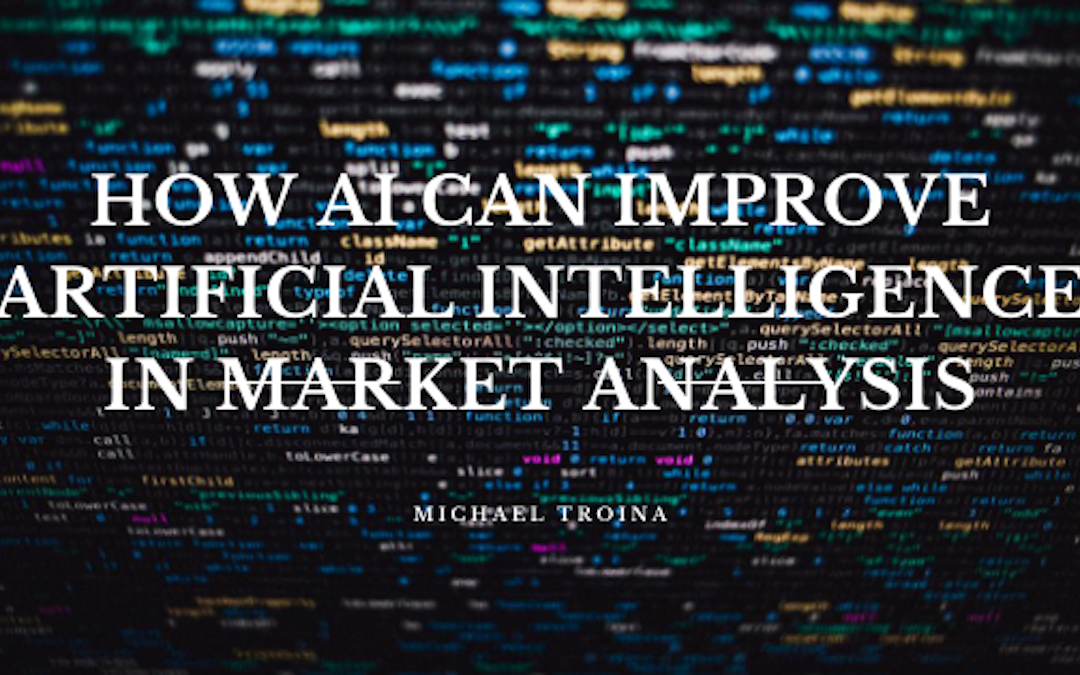The advancements in artificial intelligence have enabled many industries to gain insight into patterns of behavior they have never previously had access to. This is an invaluable tool for the sales and marketing industry. With over seven million online retailers and approximately half a million brick and mortar stores, the very lifeblood of a brand’s survival depends on attracting and keeping customers. Artificial intelligence has moved beyond the point of mass-marketing in order to get inside the minds of shoppers. Analytics is the new focus group.
One of the ways that artificial intelligence can help with market analysis is by studying a person’s shopping history and looking for trends and patterns. People’s survey feedback and spending data is stored alongside their credit card information and demographics. Not only does this help cater to the loyal, steady shoppers via customized marketing emails, but it also can flag when an unusual purchase occurs. Sometimes a break in a pattern is, in itself, a pattern that needs to be investigated. The latest advancements put each person into a 360-degree customer view and assign a customer health score depending on how receptive they would be to a specific marketing campaign.
When sending out customer surveys, AI can deep-dive further into the responses by performing natural language processing. Open-ended text responses are much easier to comb through when AI is programmed to search for specific phraseology. Certain phrases can be parsed to signal a need for clarification about a comment or a follow-up to a follow-up. It is then up to humans to use the knowledge collected in order to alter campaigns to draw customers.
Speed alone is a huge factor when it comes to using artificial intelligence. By the sheer fact that data can be amassed and analyzed faster than humanly possible, the pool of data itself becomes a gold mine. This efficiency also reduces costs because project times are vastly reduced. In addition, when machines are analyzing data, there is no bias to impact the parsing and division of customers. All of these benefits are changing the dynamics of the marketing research industry from the ground up. Instead of being regarded as a backward-looking analytical industry, the entire field is now a valuable discipline with a focus on the future.
